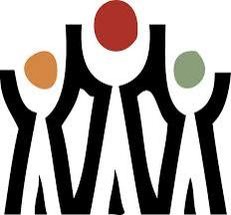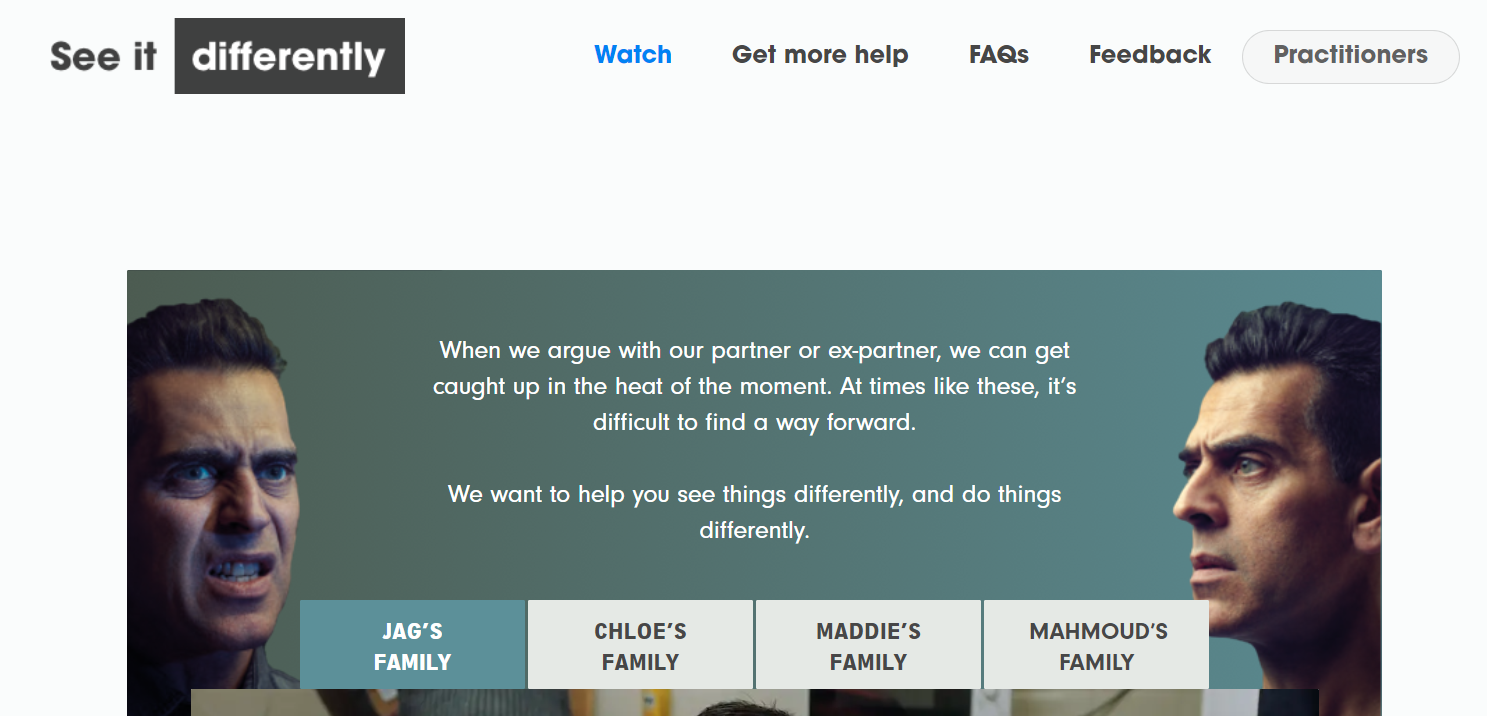Mediation helps you sort out the practicalities of child arrangements and finances when parents have separated or divorced.
- Mediation is proven to help communications and relations between you and the other person, which may well have deteriorated. Mediation helps you focus on the future, realise your hopes and see things through your children's eyes. A mediator draws on research and information to help you put aside adult issues and focus on the needs of the family.
- Mediation is informative and keeps you central. Mediation gives you the time and space to explore options, sense check the realities of potential decisions and seek advice, all of which help inform your discussions and the decisions you make.
- The mediation process can start sooner and is cheaper than going through court . Meetings can be spaced to help you budget and by starting the process sooner you there are no lengthy delays.
Even if you have a good relationship with the other parent, conversations about your children can result in differing opinions, confusion and disagreements.
In some cases communication can break down completely, leaving you unable to come to a find a resolution or move forward. In all these cases, mediation can help.
Mediators help you resolve disputes, providing you with a clear road map for the future. Whether that be child arrangements or financial matters.
Mediation helps settle disputes over living arrangements, contact arrangements, child care, child maintenance, property and money, without the need to go through court.


